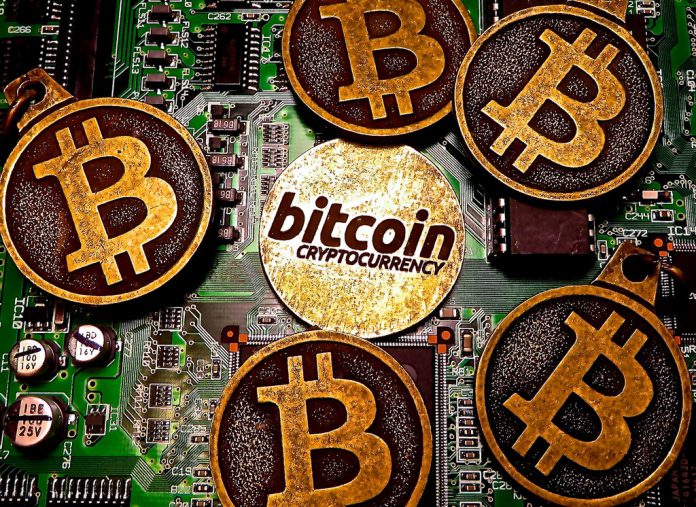Part of the volatility could be due to Joseph Stiglitz, who won the Nobel Prize in Economics in 2001. Last week, the economist said the currency is successful only due to its lack of oversight and called for it to be outlawed. In the resulting backlash, supporters, including TNW, hold that other than speed, this is exactly the merit of cryptocurrencies and that the world needs to be wary of those opposing it. Unlike regular currency, Bitcoin doesn’t require banks to function. It’s propped up by a technology called Blockchain, a huge list of transactions hosted on thousands of user’s computers. Each part of the process is independently verified to check for fraud and those trying to cheat the system. The technology makes it fast, near-impossible to trace, and highly secure. As a result, it’s popular with privacy activists and in illegal transactions, and that makes law enforcement worried. In October, Federal Reserve chairman Ben Bernake said that governments will eventually take any action they need to prevent its rise, and that opposition has already begun.
Senate Bill S.1241
Congress is proposing an adjustment that would make it illegal to conceal the ownership of a financial account, including cryptos. This includes declaring while crossing the border, which opens Bitcoin to Civil Asset Forfeiture. According to TNW, this essentially means border agents would be able to seize wallets without evidence and intimidate users to give up their passwords. If you are carrying over $10,000 in crypto and don’t declare it, you could face a 10-year sentence. All agents need is the suspicion that you have committed a crime, and they can sell your assets. According to ACLU, these seizures are often used for the profit of police departments rather than for crime-fighting. In 2014, the government seized over $5 billion dollars from Americans, more than the $3.5 billion stolen by burglars. It’s just one of many oppositions that cryptocurrency will face as it becomes more serious. Those in the industry believe the government will continue in such a vein, trying to apply restrictive, old laws to the new venture. Other countries, such as Morocco, have banned Bitcoin transactions outright. Activists believe cryptocurrencies are a way to fight against injustice in banking and law enforcement, and that such a move is a step back for human rights. Though bill S.1241 mostly puts them in line with physical currencies, the motivation of terrorism and money laundering is a slippery slope, and its vagueness could be dangerous. However, it’s also clear that while the progress can be halted, blockchain’s decentralized network will make it very hard to stamp out completely. Though it often requires verification to purchase from exchanges, other trades are anonymous, and that will make it incredibly hard to regulate effectively.




